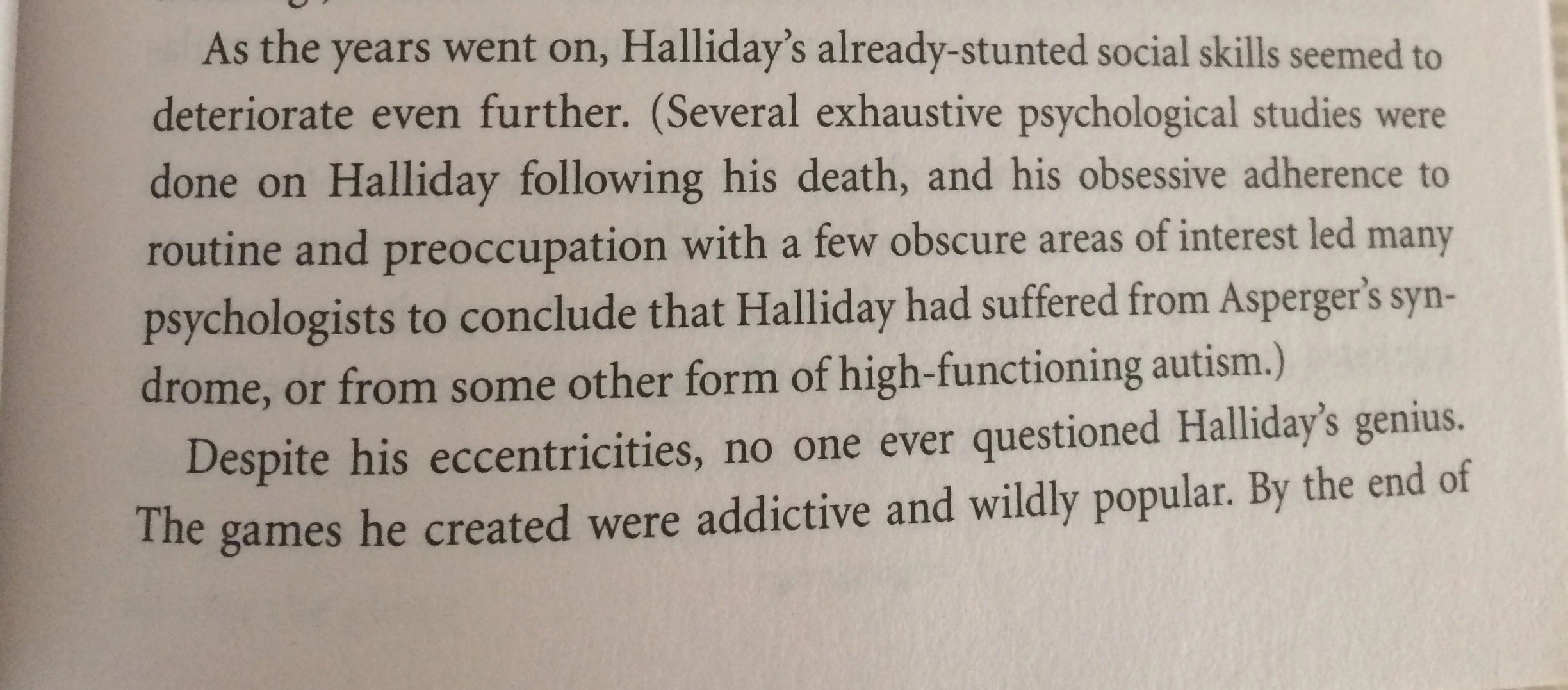As an aspie who actually is a genuine astrophysicist, I find that they portray neither Aspergers or scientists perfectly accurately on Big Bang Theory, but they also don't ridicule aspies either, which is a good thing. I would go so far as to say that all 4 of those guys on BBT exhibit some aspie traits, so that is, I suppose, the show that goes farthest toward portraying various different sides of autism, even if they don't label them all as autistic.
As to the way they don't show all types of autistic people on TV, well, they usually don't show all types of NT people on TV, either. Usually, all TV characters are "larger than life" and exceptional in some way. Otherwise, why would anyone want to watch them? Even with reality TV that is purported to show "regular people", the people they show on those things are definitely not "regular".
I think that as long as there are some representative autistic characters on TV, showing that they have a place in society too, and showing that they have something to contribute, and, most of all, showing that they are human beings with valid and important feelings (that is the most important one), they're all steps in the right direction.
I think that they need to have more autistic writers for TV shows, because, without that unique perspective on how we see the world, it just won't be accurate. I also think that, in the future, it will be perfectly reasonable to expect that autistic characters would be played by autistic actors. Several other groups have protested in the past the fact that e.g. non-disabled people are chosen to fill disabled roles, and similar issues. They already have shows, like Grey's Anatomy, for instance, where the roles are filled by the best actors for the job, without any predetermined idea of the race of each character. The next step toward a truly tolerant (I hate that word because it implies there is something that needs to be tolerated, but you know what I mean) society is to do the same with disabled and neurodiverse people.
I actually think the place to start is kid's shows. When I was a kid, there was Sesame Street, with representatives of different races and sexual orientations (though I'm sure I'm not the only person who had no idea that Bert and Ernie were supposed to be gay, am I?), and all of a sudden, when my generation grew up, it wasn't cool to be racist or discriminate based on sexual orientation anymore (not that it was ever cool, but lots of people did it, and not that the discrimation stopped completely, but it was not so prevalent). Now, there is an autistic character on Sesame Street, so my prediction is that in a decade or so, it will be "socially acceptable" to be on the spectrum.
